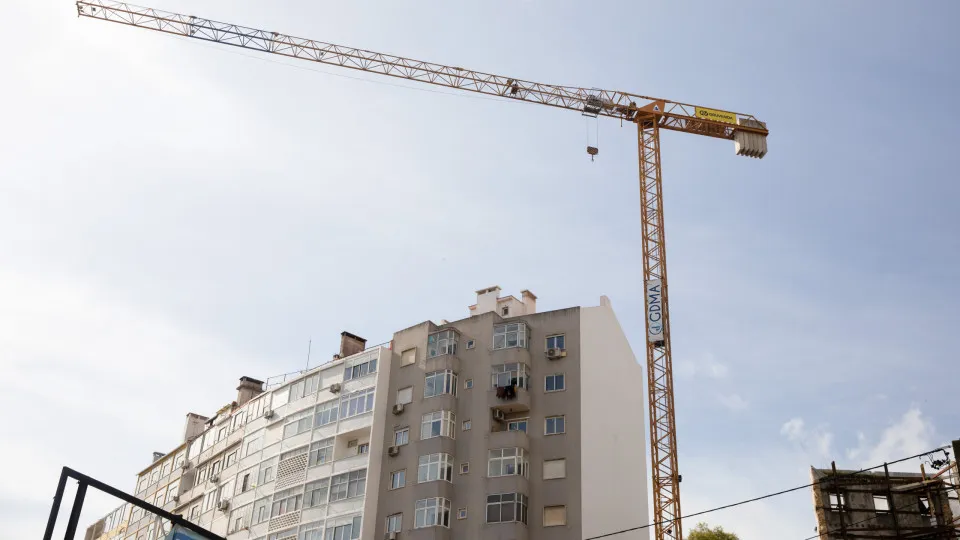
There is a shortage of 150,000 to 200,000 homes in Portugal, while the construction sector’s capacity “is at its limit,” according to real estate developers who convened this morning at a conference to discuss the government’s housing measures.
This year, sector estimates suggest that 28,000 new homes will be completed nationwide.
“Twenty years ago, 100,000 houses were built annually. Today, we build an average of 24,000 to 25,000 new homes, and this year we reached a peak of 28,000. Prices only fall with more supply, but there’s no capacity to do more,” stated Manuel Maria Gonçalves, CEO of the Portuguese Association of Real Estate Developers and Investors (APPII), during a conference on the government’s housing package promoted by Diário Imobiliário.
The lack of labor, estimated at 80,000 to 100,000 workers, excessive taxation on builders and clients—making up 40% of total project costs—slow licensing processes, and the introduction of ad-hoc stimulus measures lasting a legislative period, are the main factors exacerbating the housing crisis.
Many speakers agreed that the government’s measures announced in September are “ambitious” but “not very feasible.”
The reduction of the VAT rate to 6%, long demanded by the sector, “is welcome,” but as João Sousa, CEO of JPS Group, noted, “it may only take effect on new constructions to be launched in a year and a half or two.”
Additionally, this and other measures intended to encourage housing supply “are tied to the political cycle,” creating significant instability for investors, he added.
“It’s a bold measure, but it should extend beyond the year 2030,” he concluded.
Madalena Azeredo Perdigão, partner at CCA Law Firm, noted that the new reduced VAT rate for housing below 648,000 euros still requires approval by the European Commission, after passing through parliament, which could cause further delays in taking effect.
The new government package “lacks shock measures, which we needed because it isn’t immediately implementable,” said José Rui Menezes e Castro, CEO of MAP Group.
“A shock policy would be to create conditions to make existing housing stock available on the market,” he added.
The announcement of thousands of new homes to be built by the government, using funds from the Recovery and Resilience Plan (PRR) and the European Investment Bank (EIB), was questioned by promoters.
“Numbers increase daily to make an impact, but there’s no capacity to build what’s been announced. Each municipality works with the PRR as if it were a micro-company. There’s no central structure to fit everything together,” stated João Sousa.
Nuno Malheiro, an architect, noted that neither municipalities nor the Institute for Housing and Urban Rehabilitation (IHRU) are capable of utilizing available funds, particularly those from the PRR ending in 2026.
Concerning the simplification of licensing, also announced by the government, speakers illustrated their experiences with municipal councils and noted that reducing response times is insufficient.
“The same law is interpreted differently by municipal councils, not to mention regulations with their own rules. This complicates and creates insecurity,” Nuno Malheiro said, who believes “simplifying means standardizing the rules” across all municipalities.
The government’s housing package, announced in September as a “shock policy” to “shake up the construction and rental market” in the country, includes reducing construction VAT to 6% for sales up to 648,000 euros and rents up to 2,300 euros, deductions for rents up to 900 euros, reducing the IRS rate from 25% to 10% for “moderate” rents up to 2,300 euros, simplifying licensing, and increasing the property transfer tax for non-residents.




